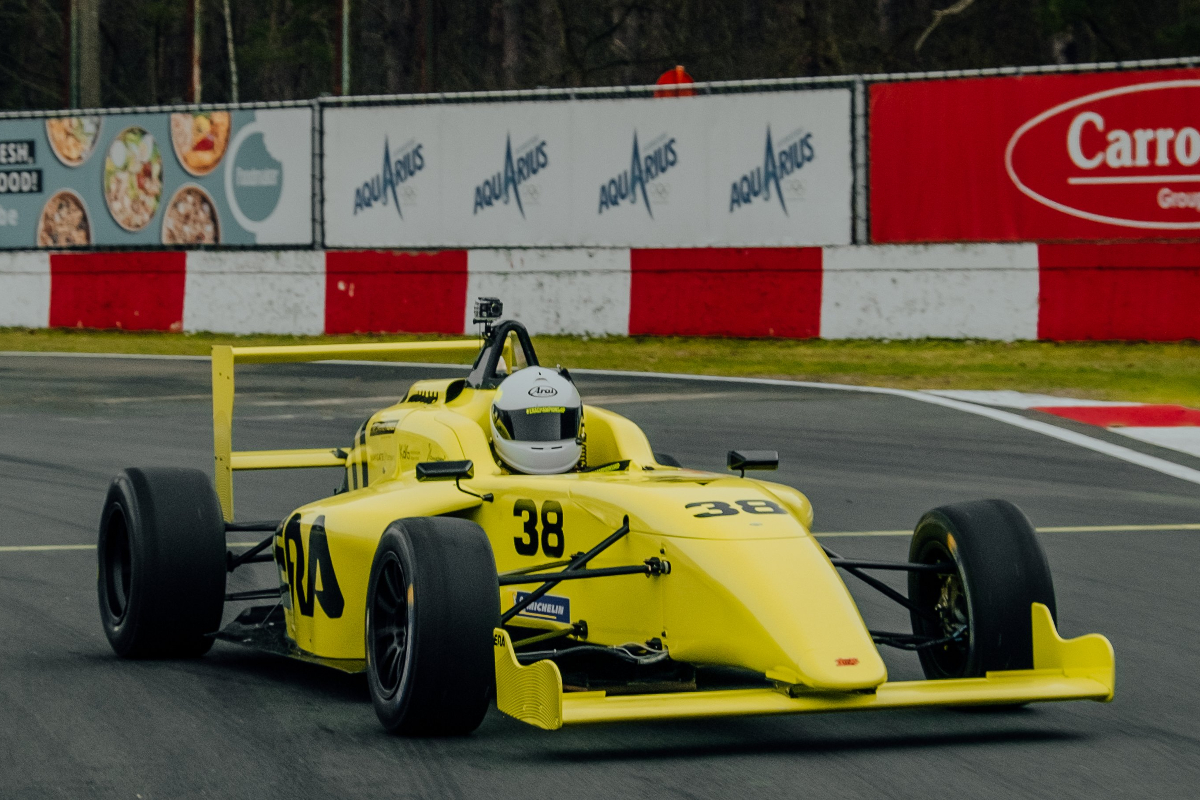
Photo: ERA Championship
ERA, the proposed first fully electric junior single-seater series, has revealed its first driver-based initiative for next year.
The Belgium-based organisation plans to run its first season in the second half of 2021, having been in the planning and development stage of its series and car since 2019, with each round to feature two races that last 23 minutes plus one lap.
In January 2022 it will then head to the United States’ West Coast for a ‘driver bootcamp’ that will grant one driver a free seat in the second full season of the series back in Europe.
“A limited number of 12 spots are available for young drivers looking to step up from karting into single seaters or gain experience of racing in all-electric machinery,” read ERA’s statement on the bootcamp.
“The winter series will be a closed bootcamp format, featuring four weeks of testing, training and racing.
“All drivers will get a significant amount of track time including 6 races with the ERA ‘Mitsu-Bachi’ F110e, an equivalent level to traditional F4, with the winner of the series earning a full scholarship to race in ERA Championship summer season in 2022.”
“The bootcamp also includes driver coaching, testing and training with race performance analysis and feedback from industry-leading engineers, plus media training & sponsorship workshops and a dedicated fitness & nutrition programme – key factors in preparing for a professional racing career.
“The series will be filmed for a documentary, with full details being announced in due course.”
There will be two classes in ERA’s main series, with the ‘Sports’ class competitors using the standard ‘Mitsu-Bachi’ F110e car that is based on Japanese Formula 4’s Dome F110 chassis and equipped with a 24kwh battery and a 130kw motor.
Over the past year, ERA has been working on the creation of its ‘Innovation’ class, which allows teams (expected to consist of entries from universities) to develop the powertrain and energy storage systems themselves.
Zolder, where ERA is expected to race later this year and where much of the track testing of its car has been so far, was also where the electric Formulino E junior single-seater series project was based. It got its car on track in 2017, and planned to get racing underway last year, but financial factors meant it had already closed its doors by 2018.